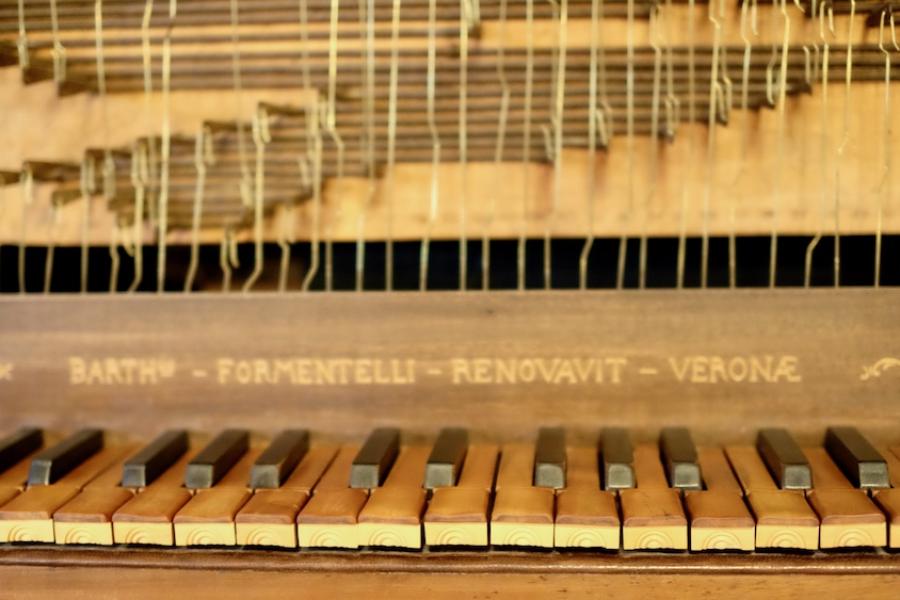
Fossiles to fortepianos: The Hill's 'mini-museums' and collections
The next time you visit Ithaca, check out exhibits on Chimes history, astronomical instruments, historical keyboards and so much more
Read more Department Homepage
Department Homepage
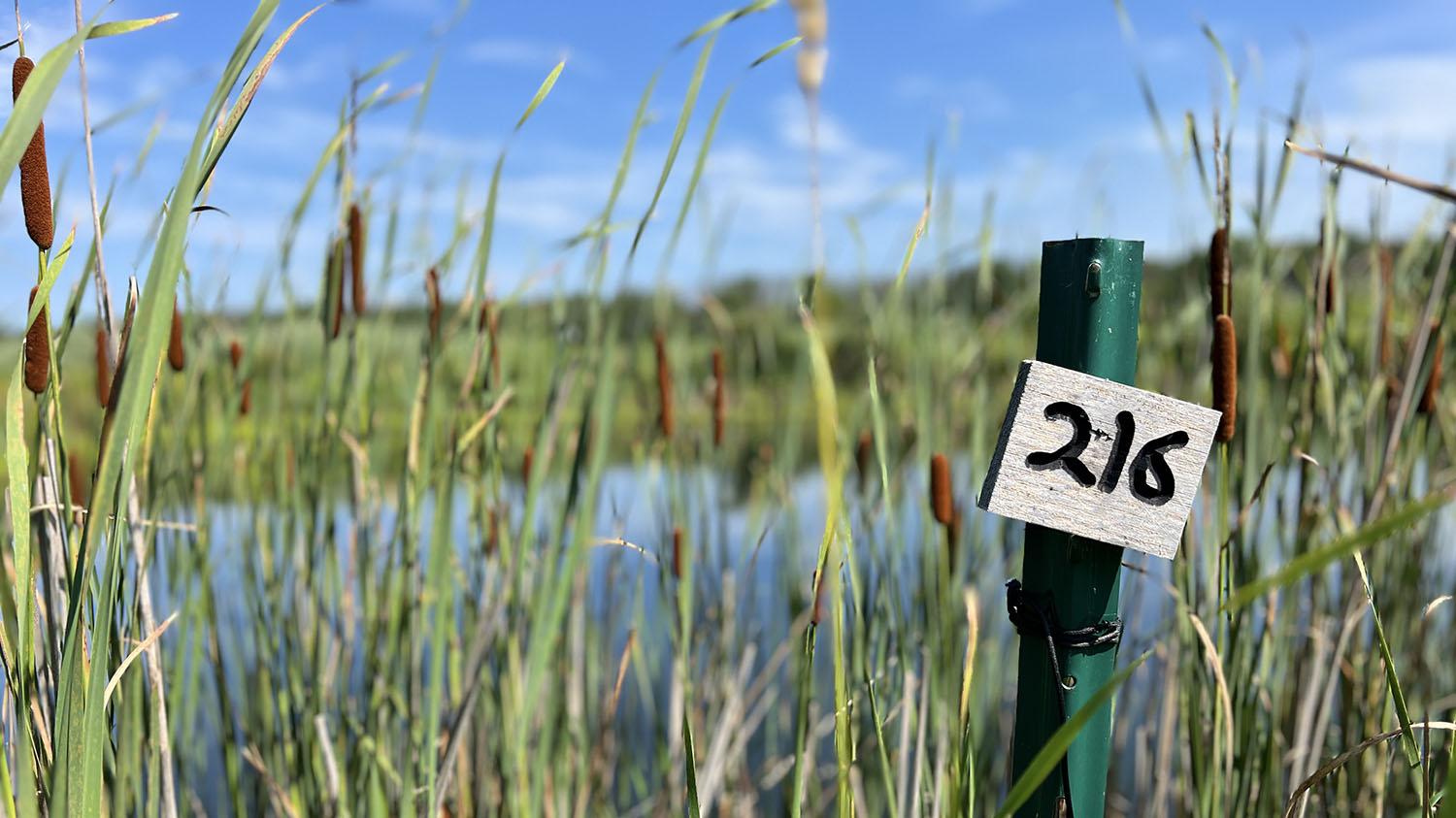
In our department we value science and education grounded in the natural history of organisms, and strive to understand the patterns and processes that structure communities and ecosystems, and drive evolutionary change over all geographical and time scales. As new methods provide insight into ecological and evolutionary mechanism and function, we seek to refine fundamental concepts, integrate findings into novel theory, and address environmental challenges. As a department we are committed to diversity, equity, inclusion, justice and belonging - values that underlie all we do.
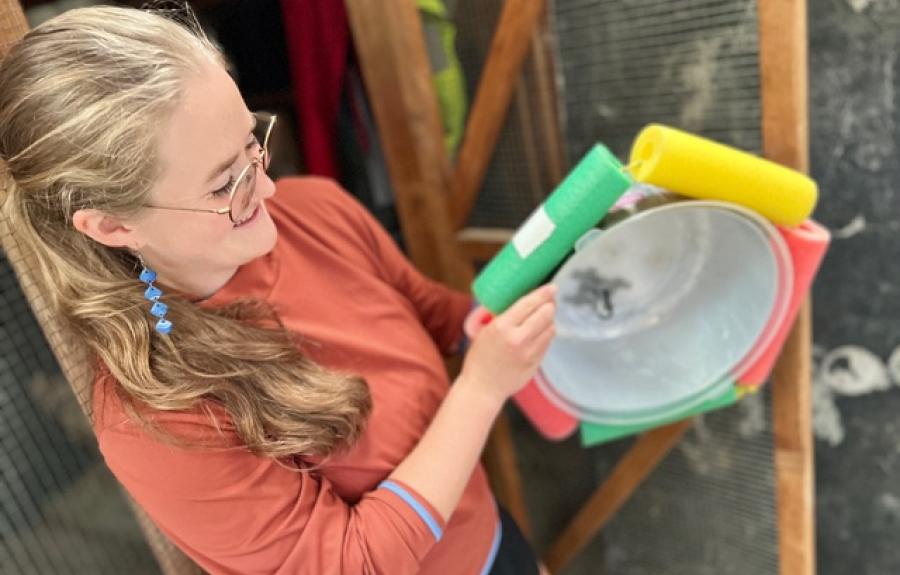
Cornell’s Experimental Ponds Facility is a research and teaching resource operated by our department. For over 50 years, a broad range of field and experimental projects have utilized the Ponds facility. Past and ongoing studies provide valuable insights and solutions into a variety of topics including: conservation of migratory birds; and a broadened understanding of nutrient and chemical pathways in aquatic environments. Research teams from EEB's Holgerson and Vitousek Labs are currently using the Ponds facility for their research programs.

The next time you visit Ithaca, check out exhibits on Chimes history, astronomical instruments, historical keyboards and so much more
Read more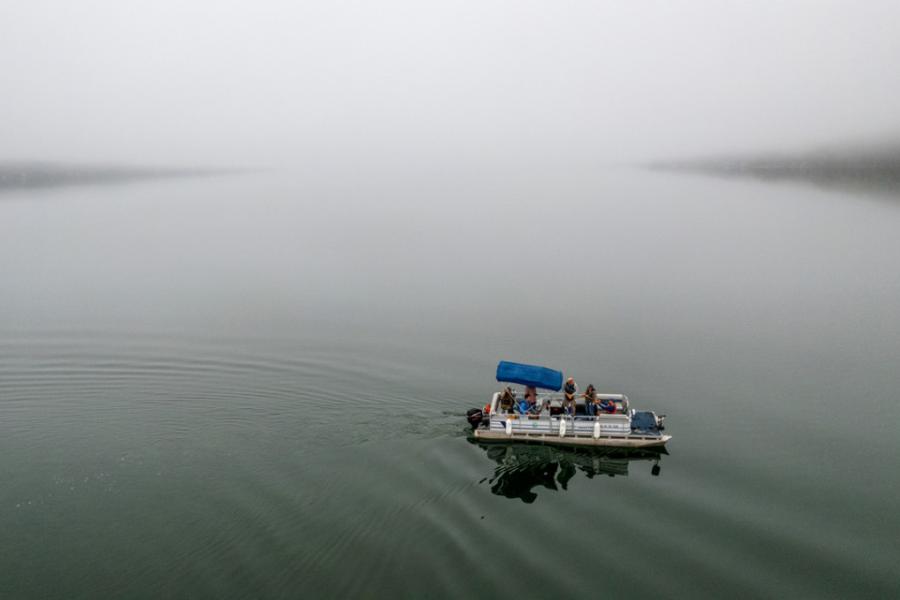

Researchers are plumbing the depths of the largest and deepest of New York’s Finger Lakes to explain the source of its famous booming sounds.
Read more
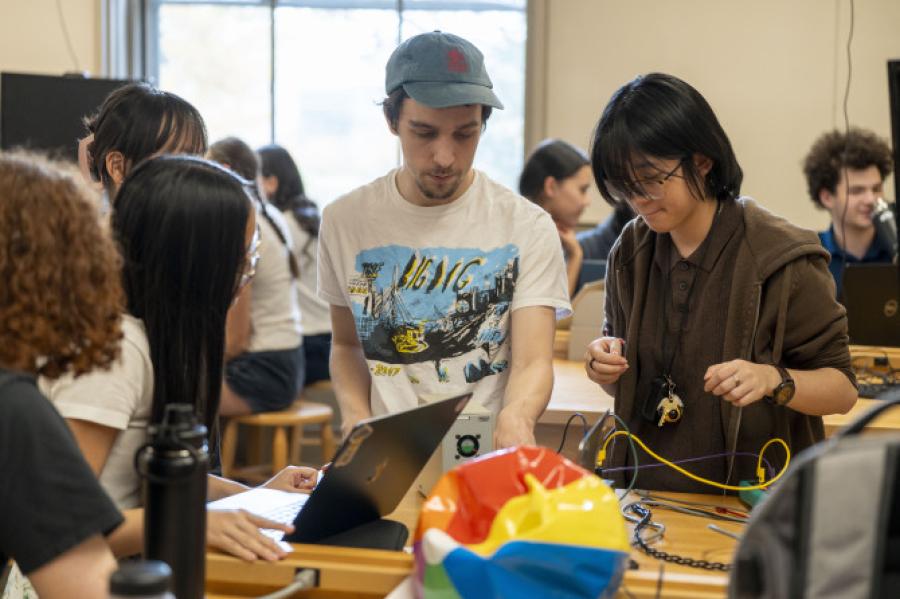

With a 2024-2025 Innovative Teaching & Learning Grant, A&S professors collaborated with others to develope an AI tool to foster student metacognitive skills around teamwork in STEM classes.
Read more
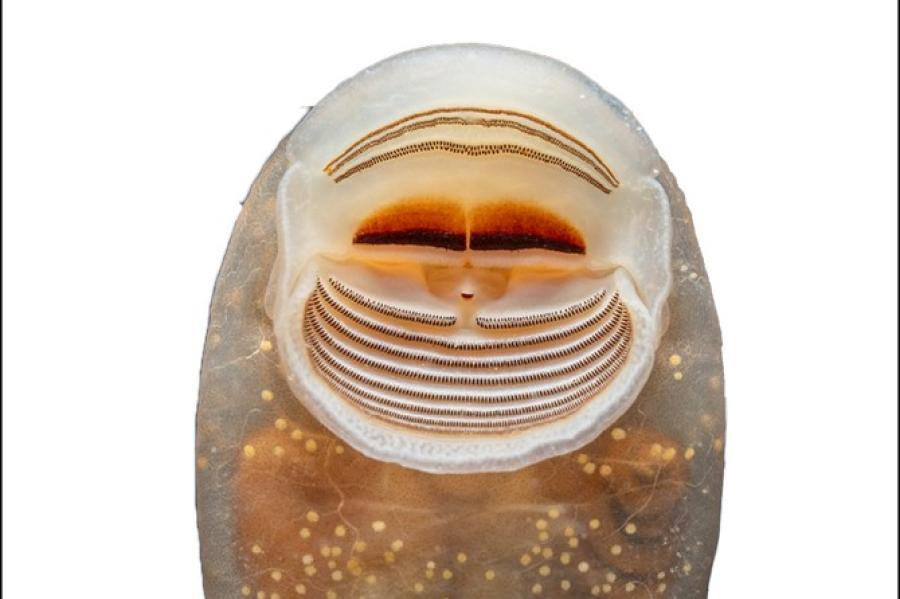

Tadpole species that lost their lungs through evolution never re-evolve them, even when environmental change would make it advantageous.
Read more
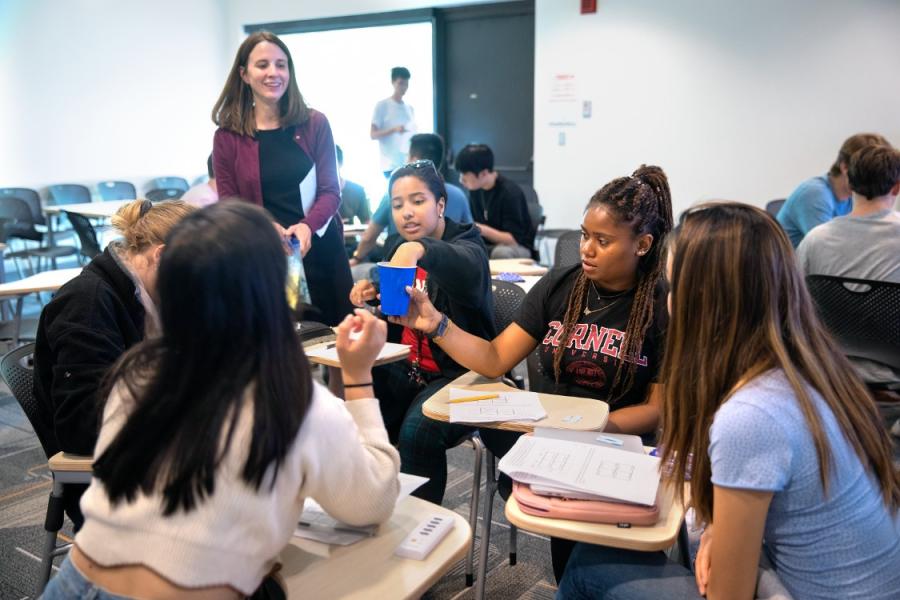
The team found a significant uptick in the number of articles published after 2013 that focused on core concepts and competencies suggested in a seminal report.
Read more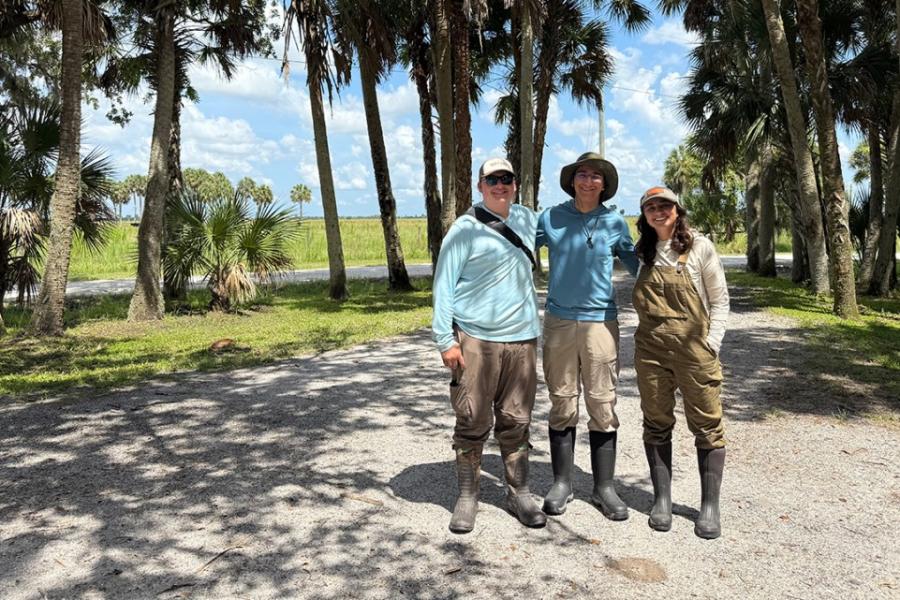

With support from Cornell Atkinson, graduate students mentored undergraduates to conduct summer research on methane mitigation, food security and climate forecasting.
Read more
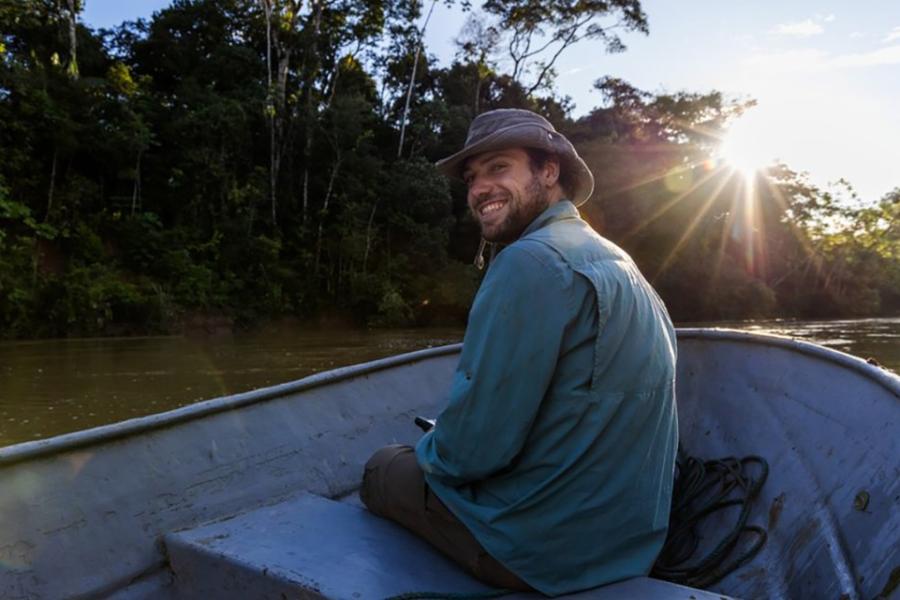

Ethan Duvall, an inaugural Semlitz Family Sustainability Fellow, has launched a nonprofit aimed at protecting biodiversity and culture in the Amazon Rainforest.
Read more

Ten students who participated in this summer's Nexus Scholars Program share their stories..
Read more